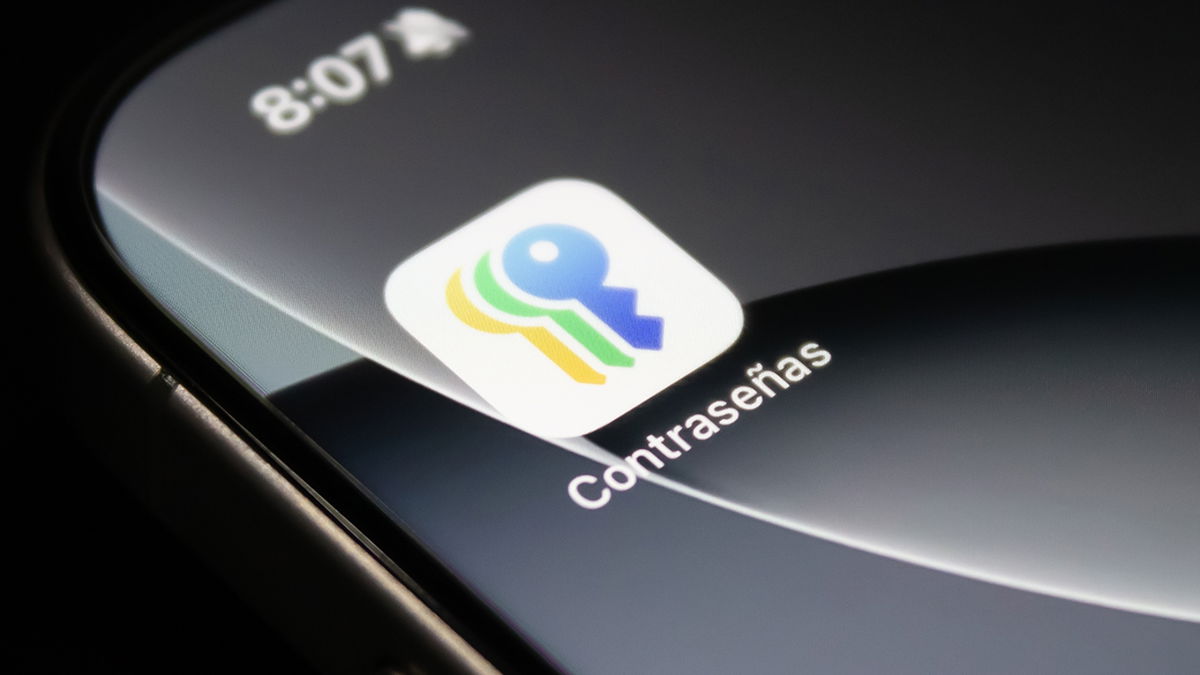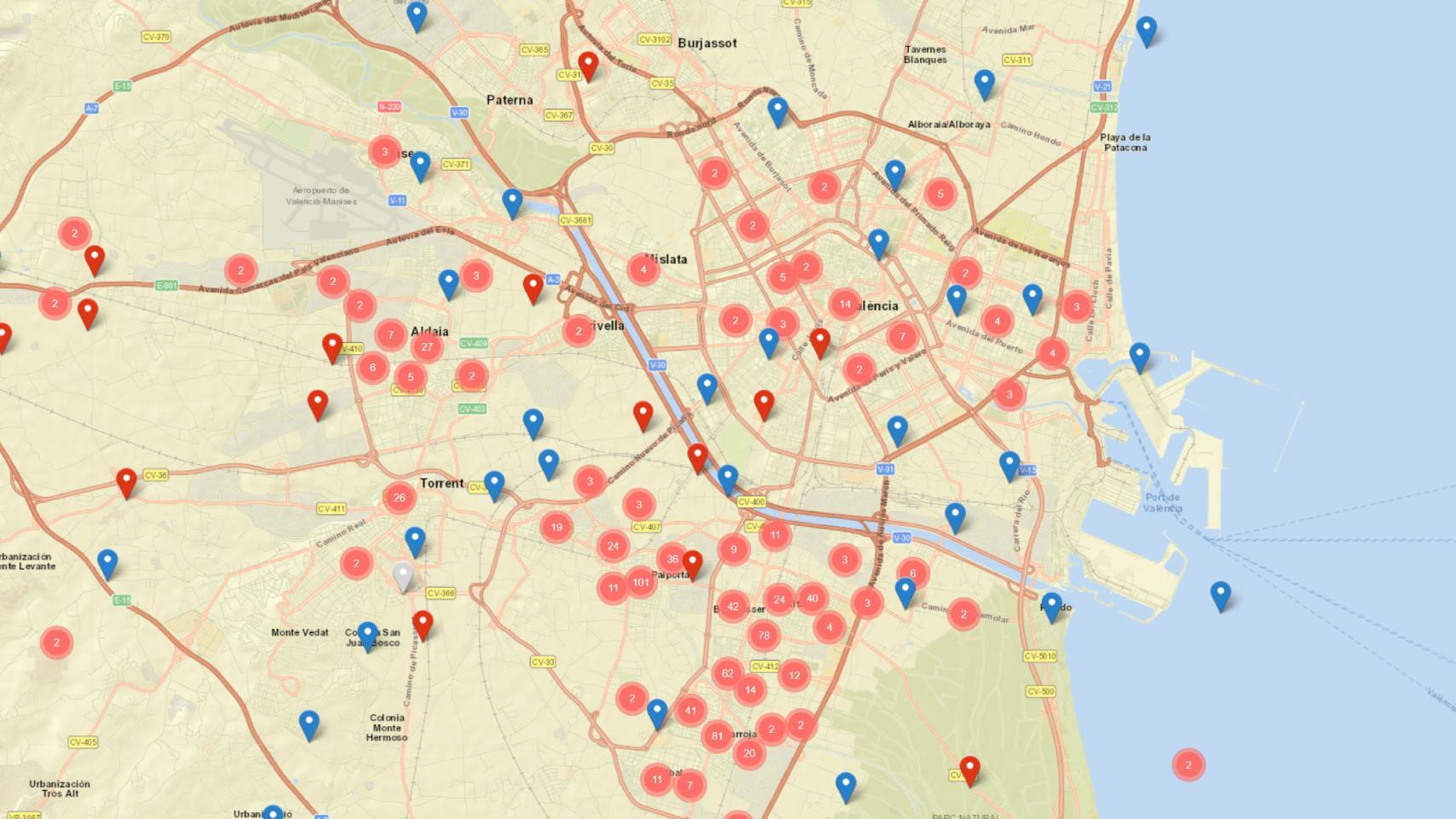We are about to make it two years since Russia’s invasion of Ukraine began, when an avalanche of sanctions was imposed on the country ruled by Vladimir Putin. Even Apple joined these sanctions with the suspension of most of its services in the countrybut not all.
Among the few services that remain active in the country, we have the App Store, the iOS application store. This is precisely what is now causing old problems for those in Cupertino, given that the government has sanctioned the company with a fine of more than 10 million dollars for what consider monopolistic practices. Something that already seems too much to us.
Payments and commissions, Apple’s eternal dispute with developers
On Russian territory, it has been almost two years since you can no longer buy an iPhone, iPad, Mac or other Apple products. Not at least officially, since the company has closed its physical stores in the country as well as its online store. There it “only” manages certain services such as software updates, the App Store or subscriptions to services such as iCloud or Apple Music.
However, this is not the reason why new fines are planned. Russian news agency TASS reported this week that the country’s Federal Antimonopoly Service (FAS) has already received a fine from Apple in the amount of 1.2 billion rubles, which is equivalent to 12 and a half million dollars and approximately 13.6 million dollars. This is, as we said at the beginning, a sanction that responds to what the Russian establishment considers to be practices that violate the country’s antitrust laws.
“Apple forced Russian iOS app developers to use the company’s payment tool in their apps. […] App Store rules prohibited iOS app developers from informing customers within the app about the ability to pay for purchases outside of the App Store and using alternative payment methods.
If this all seems new to you, remember that this is coming for a while. 30% commission that Apple charged (and charges) developers who add in-app payments. These are obliged to integrate Apple’s own payment gateway and be responsible by paying this rate on their income obtained through these micropayments. This caused problems worldwide to the point of having to temporarily suspend this commission and then maintain it again, also adding a 15% commission that applies to developers who charge less than $1 million per year.
This payment policy had some critical episodes with big companies like Epic Games (creators of “Fortnite”), with whom Apple faced in a highly publicized lawsuit which was resolved in 2021 in favor of Apple and which precisely these days experienced a final episode when the courts rejected the resources of ‘Epic Games and demanded compensation of more than 70 million dollars from Apple.
Apple will also be forced in Europe to further open its App Store and this may only be the beginning of a big change on a global scale.
Apple was also forced to offer an option allowing developers to integrate links to their payment gateways in applications, but in an exceptional way and always following rules which mean that everything is done through the browser and not through the application, in addition to not adding clear “subscription” type references. In the United States they can now integrate their payment gateways, but with controversy, given that Apple will apply commissions of 27% in the first year and 12% in the second.
The fact is that these controversial prices as well as the inability to install applications outside the framework of the App Store generate historic changes for the Californian company. The closest is opening of a new App Store in Europe which will host third-party stores and applications outside the scope of Apple’s regulations. Something that will come by legal imposition and which, according to the European Union, will happen in “the coming weeks”. And in the future, the old continent may not be the only territory where Apple will have to take these measures.
Cover image | Mactuz on Pixabay
In Applesfera | Here’s the fine and number of points you can lose if you recover your iPhone while driving
In Applesfera | Tip to Skip the iCloud Storage Limit and Have 4TB in Your Account









